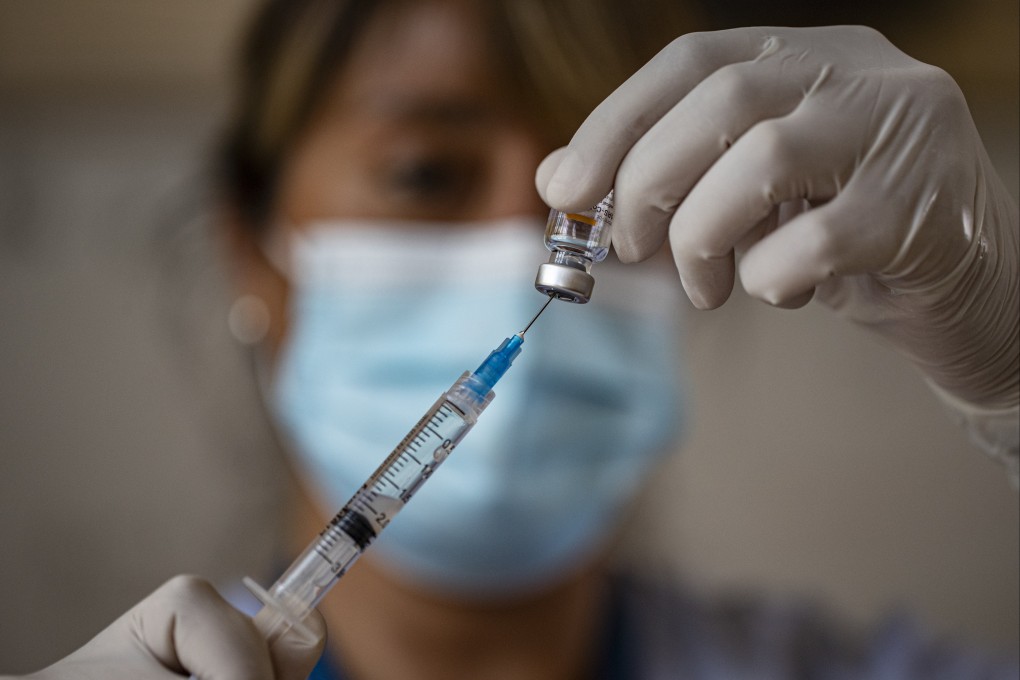Advertisement
Opinion | Omicron: why doubts over effectiveness of ‘traditional’ inactivated vaccines are overblown
- Expert opinion based on in vitro studies of neutralising antibody levels should be properly debated in academic circles, but by itself is not helpful for policymakers
- Hong Kong, with its quite high vaccination rate of about 80 per cent for the first dose, should aim at ‘flattening the curve’ of an Omicron wave, rather than preventing it
Reading Time:3 minutes
Why you can trust SCMP
39

We are now entering the third year of the Covid-19 pandemic, and it looks like a fifth wave of predominantly Omicron infections can no longer be avoided. Instead of placing the blame for the inevitable on wayward Cathay employees, lawmakers and ministers, our energy is better spent charting the best course of action going forward.
The enemy has changed its strategy, and so must we. Omicron is far more contagious than previous variants, has a shorter incubation period, results in a higher proportion of asymptomatic carriers, and evidence so far suggests it causes less severe disease.
Based on these characteristics and given our finite resources, Hong Kong is unlikely to prevent the explosion in cases seen elsewhere. Therefore, we should be making contingency plans based on the predicted number of patients requiring hospitalisation and intensive care, and the capacity of our health care system to accommodate them.
Advertisement
Our policies should aim to “flatten the curve” to avoid overloading our hospitals, and no longer try to catch every single case to prevent community spread.
Hong Kong’s rate of vaccination for first dose is approaching 80 per cent. Even though very few people here have natural immunity from previous infections, our high (-ish) rate of vaccine uptake should still significantly reduce the disease burden on our community.
Advertisement
Advertisement
Select Voice
Choose your listening speed
Get through articles 2x faster
1.25x
250 WPM
Slow
Average
Fast
1.25x
